Agriculture
Everyone deserves fresh, healthy food grown in a way that’s good for our climate, rivers, wildlife and communities.
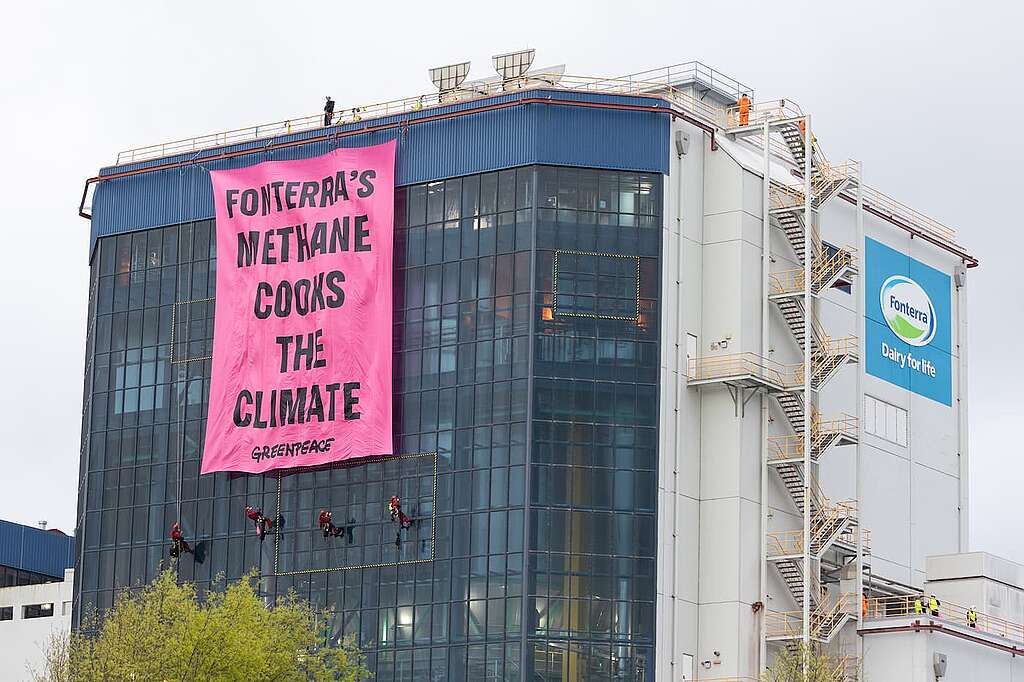
Over the past thirty years, farming in New Zealand has changed. Family farms are steadily being replaced by corporate, monoculture farms, with dairy cows crammed into every corner.
Intensive dairying is making our climate, our water and our communities sick. Industrial agriculture is New Zealand’s biggest climate polluter, largely thanks to all those dairy cows. Our rivers and lakes are in the worst state they’ve ever been. Even our drinking water is at risk.
Take action today
We want you to take action because together we’re strong.
-
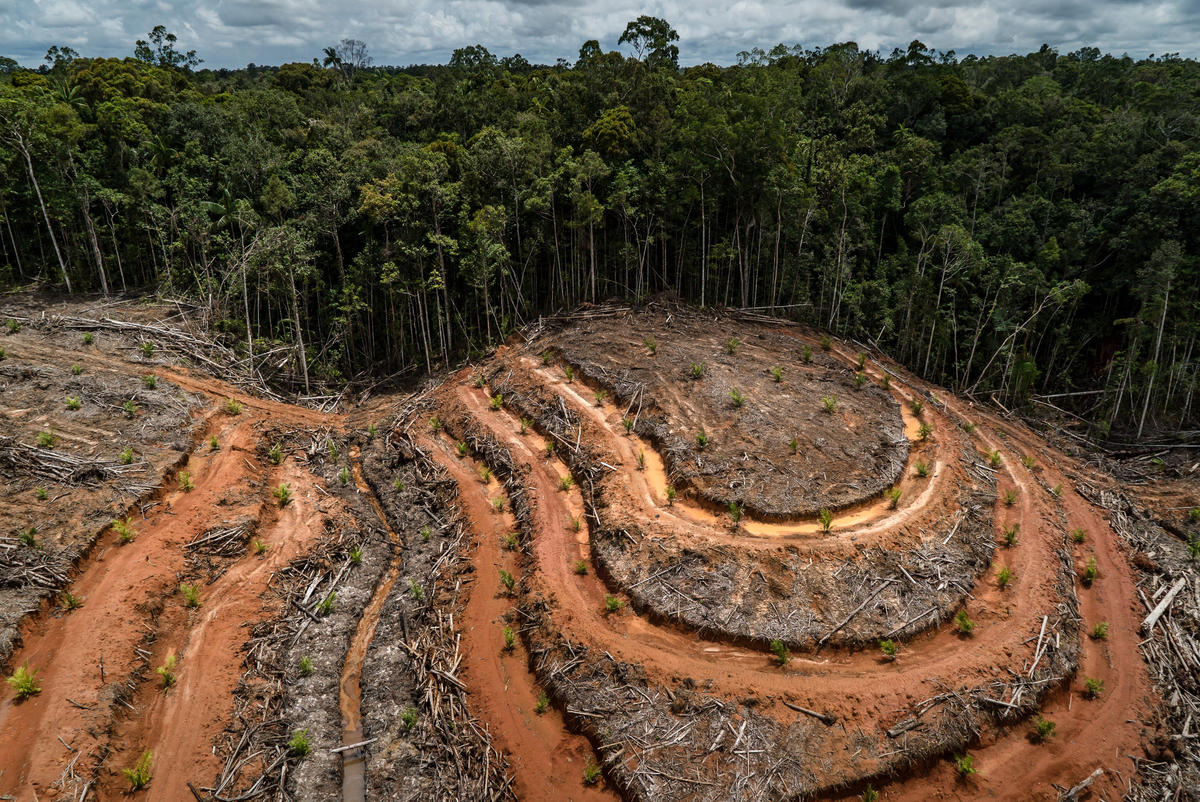
PETITION: Stop Fonterra using Palm Kernel
Call on Fonterra to end the use of rainforest destroying palm kernel on its farms by banning palm kernel in the Farmers’ Terms of Supply.
-
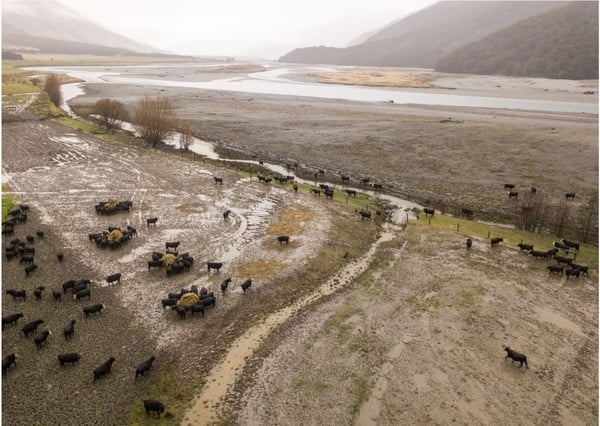
Tell Prime Minister Christopher Luxon to stop the rollback of freshwater protection
Every New Zealander should be able to swim in clean rivers and know that the water coming out of their kitchen tap is safe to drink.
-
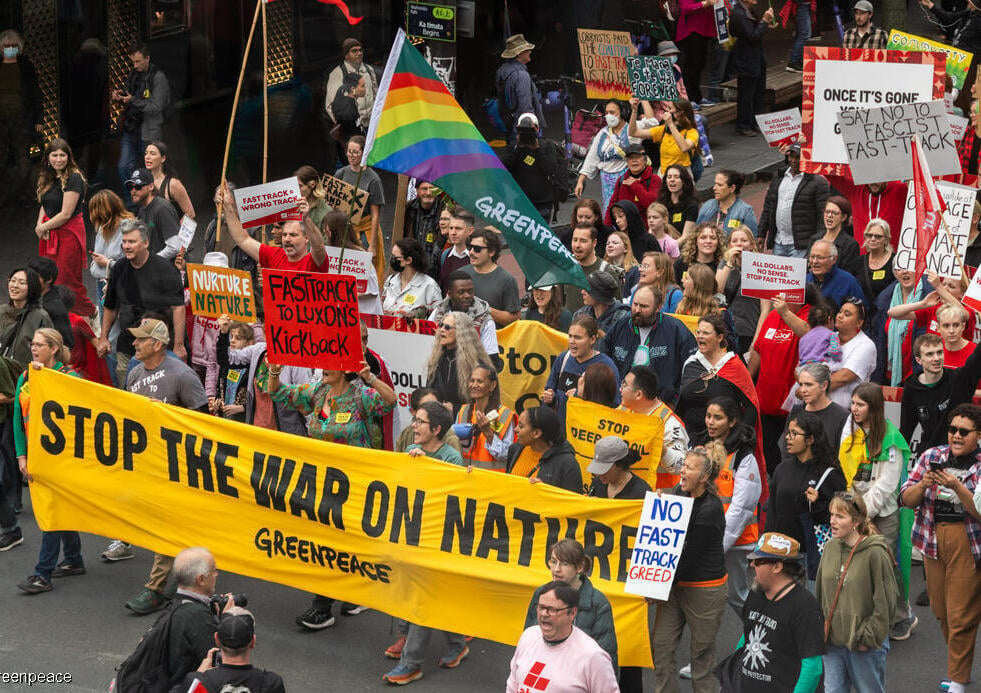
Open Letter to Stop the Fast Track
Sign on to this open letter to industry now to help push more of them to opt out of the Fast Track.
Why it matters
We’re already seeing the shocking effects of the climate crisis. Places like Australia and California have faced raging wildfires. Storms and other destructive weather events are set to become more frequent and intense.
Even if we stopped using all fossil fuels tomorrow, we’d still be on the path to global heating because of the way we’re farming.
Synthetic nitrogen fertiliser and intensive dairying is also causing alarmingly high levels of nitrate contamination in our drinking water – endangering people’s health. Pregnant people who drink high nitrate water risk preterm and underweight babies, and scientists warn that nitrate in drinking water could be causing 100 cases of bowel cancer and 40 deaths per year in New Zealand. Rural communities on bore water are the most at risk. What is more – it can take up to 20 years to feel the full impacts of nitrate pollution on our waterways and on human health, meaning it is even more important to stop nitrate contamination at source. This is about people’s lives.
Farming can be part of the climate solution, but we need to make some changes.
-
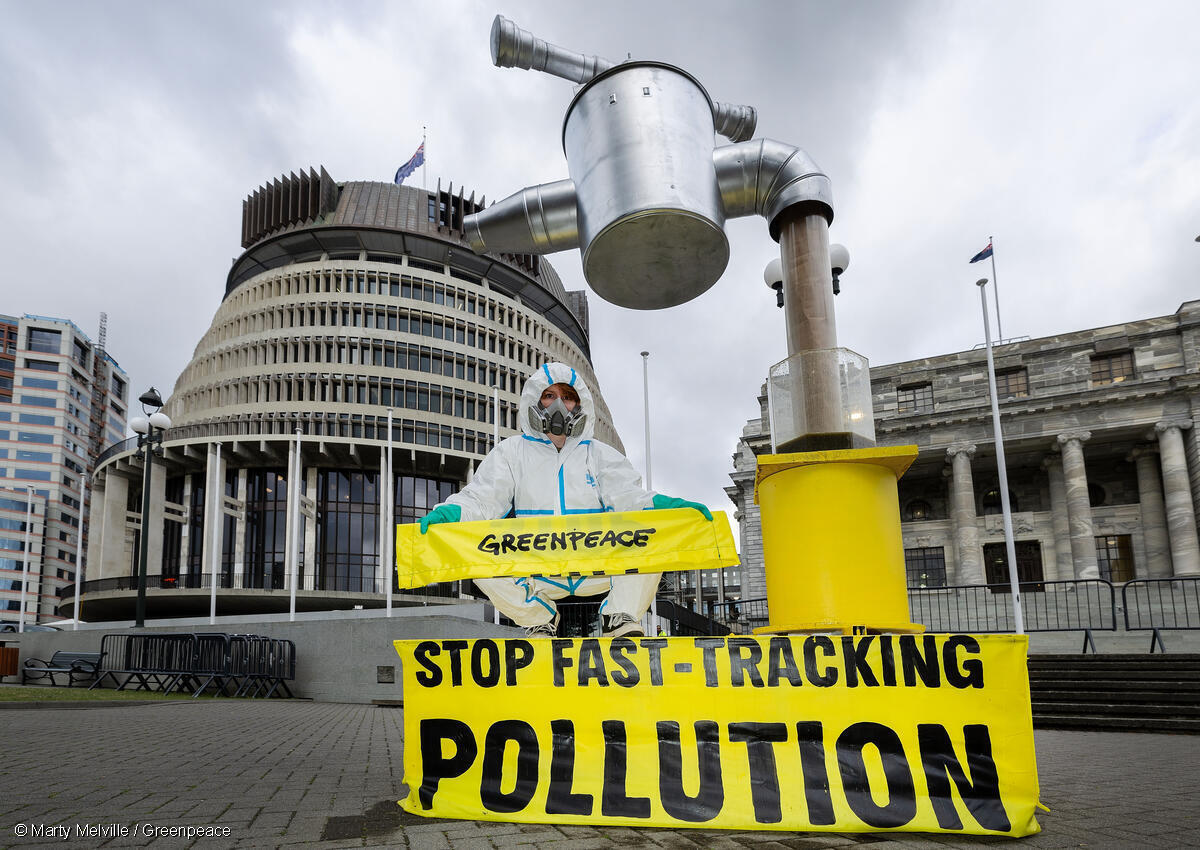
Luxon’s freshwater regulation changes are bad news – here’s why.
The Luxon Government is introducing a raft of freshwater regulation changes to make it easier for intensive dairy to pollute lakes, rivers and drinking water.
-
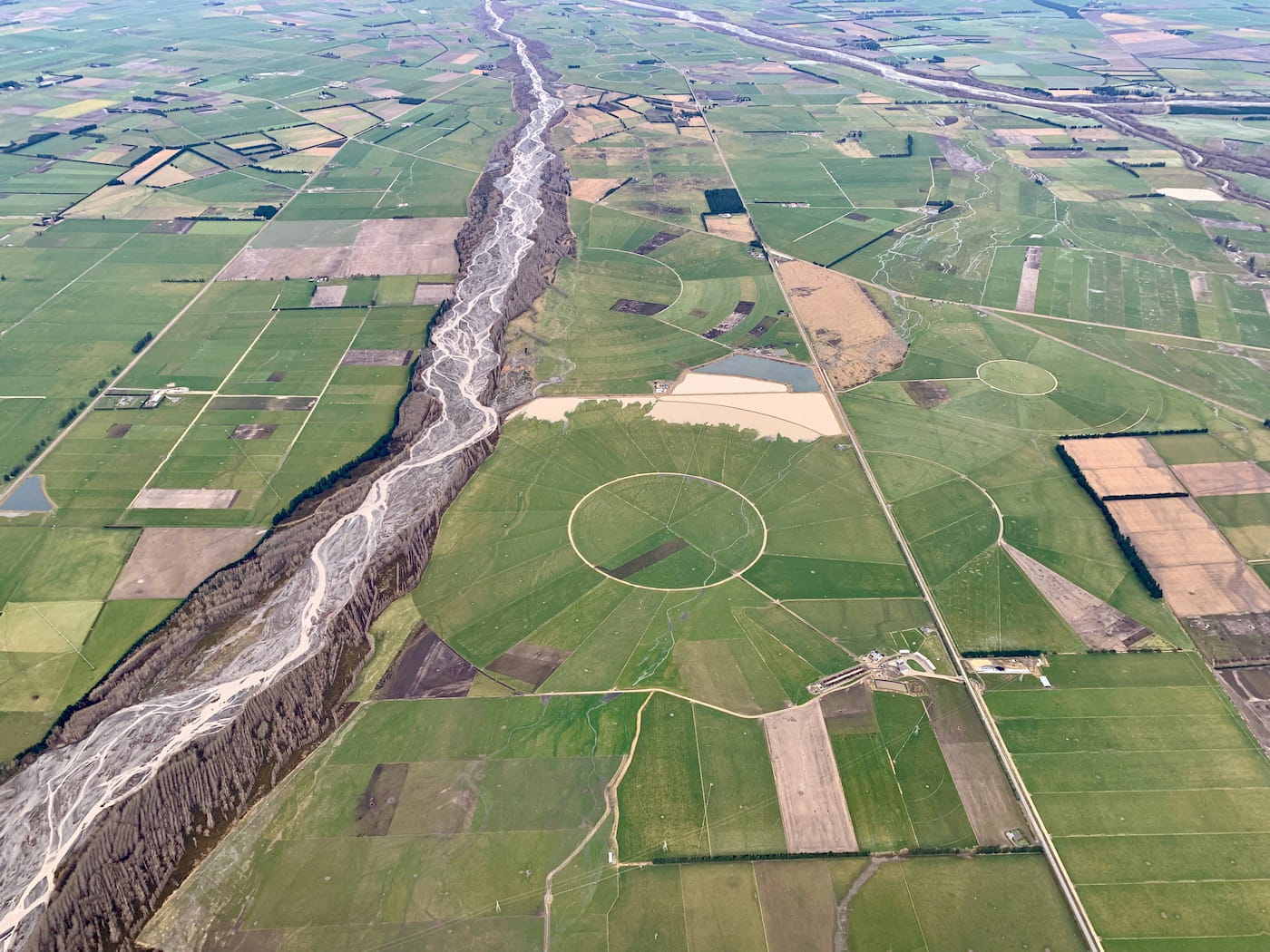
A Dirty Deal for Dirty Water – Government’s $56m irrigation subsidy blasted by Greenpeace
Greenpeace is blasting the Government’s latest $56 million irrigation subsidy, calling it a ‘dirty deal for dirty water’.
-

Stop Bishop’s freshwater pollution plan – submit before 27 July!
Chris Bishop and the Luxon Govt are removing rules that protect water from polluting companies. Submit against Bishop’s freshwater pollution plan.
-
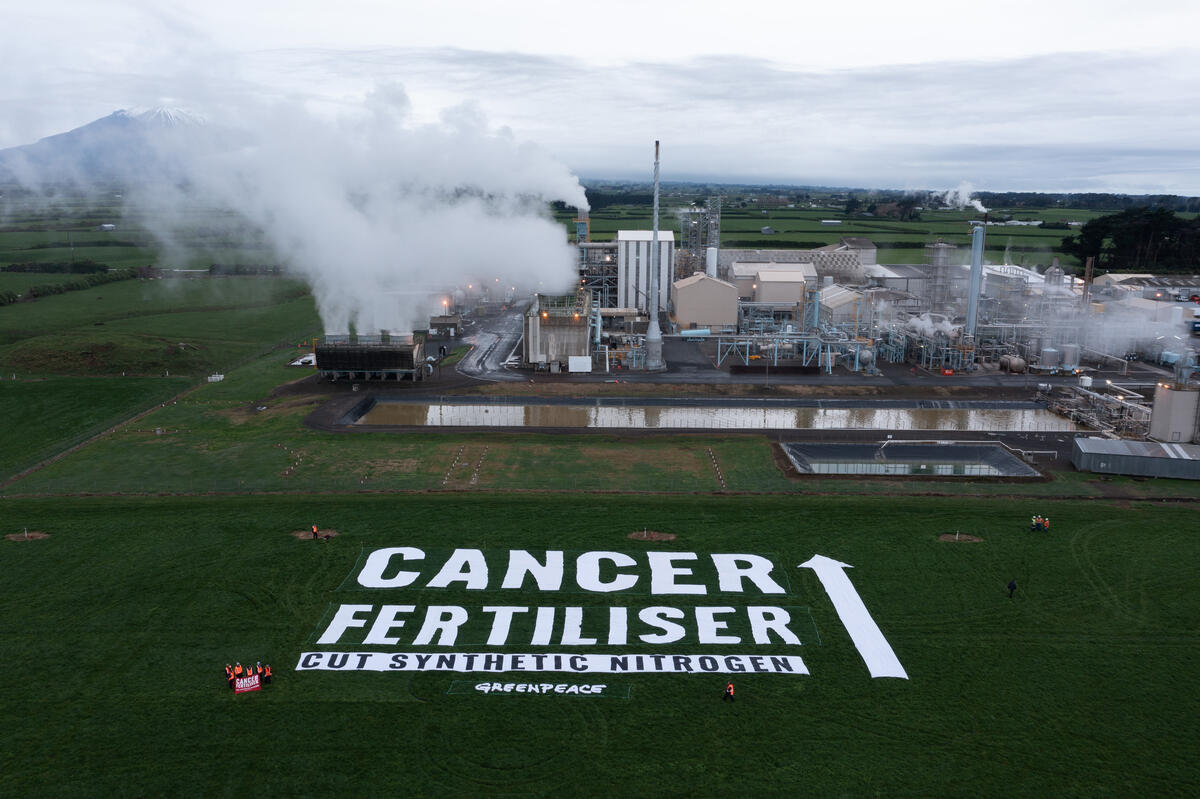
Govt moves to further weaken freshwater protections as new report highlights poor state of NZ drinking water
Greenpeace is deeply disturbed by the Luxon Government’s decision to weaken freshwater protections as a new report highlights poor state of NZ freshwater.
-
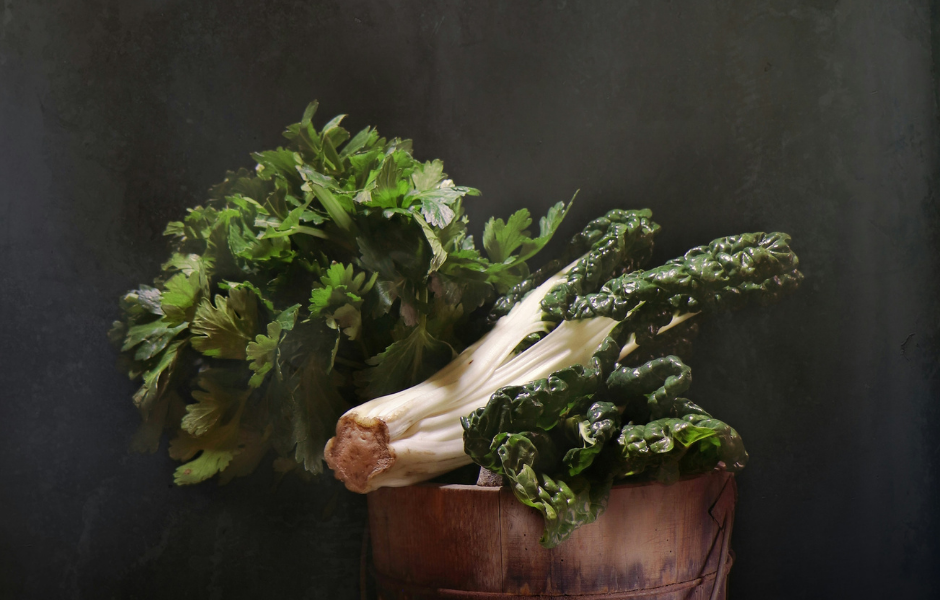
MPI lets illegal pesticide-laced food hit the shelves in NZ
An investigation by Greenpeace Aotearoa has revealed that for at least five years, New Zealand Food Safety has failed to recall food products or prosecute suppliers when food has tested…
-
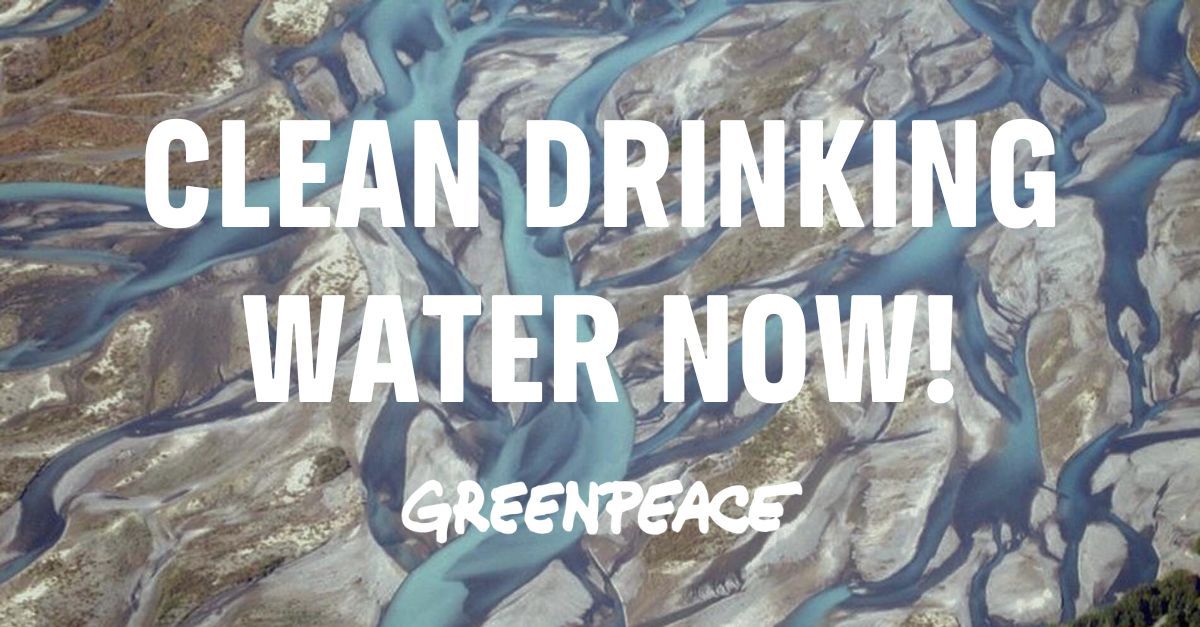
Damning new groundwater figures reveal growing drinking water crisis
Damning new groundwater data reveals that New Zealand is experiencing a drinking water crisis, with many monitoring sites contaminated.
-
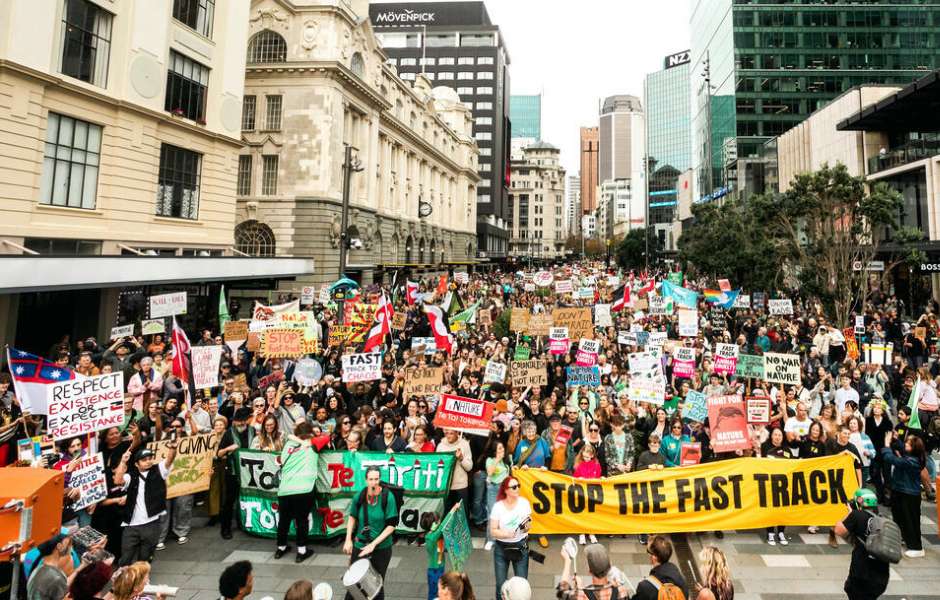
This is how you’ve made a difference with Greenpeace so far in 2025
In this issue of our magazine Kākāriki, you can read how you are how you are protecting our oceans, climate, forests, and communities here in Aotearoa and around the globe.
-
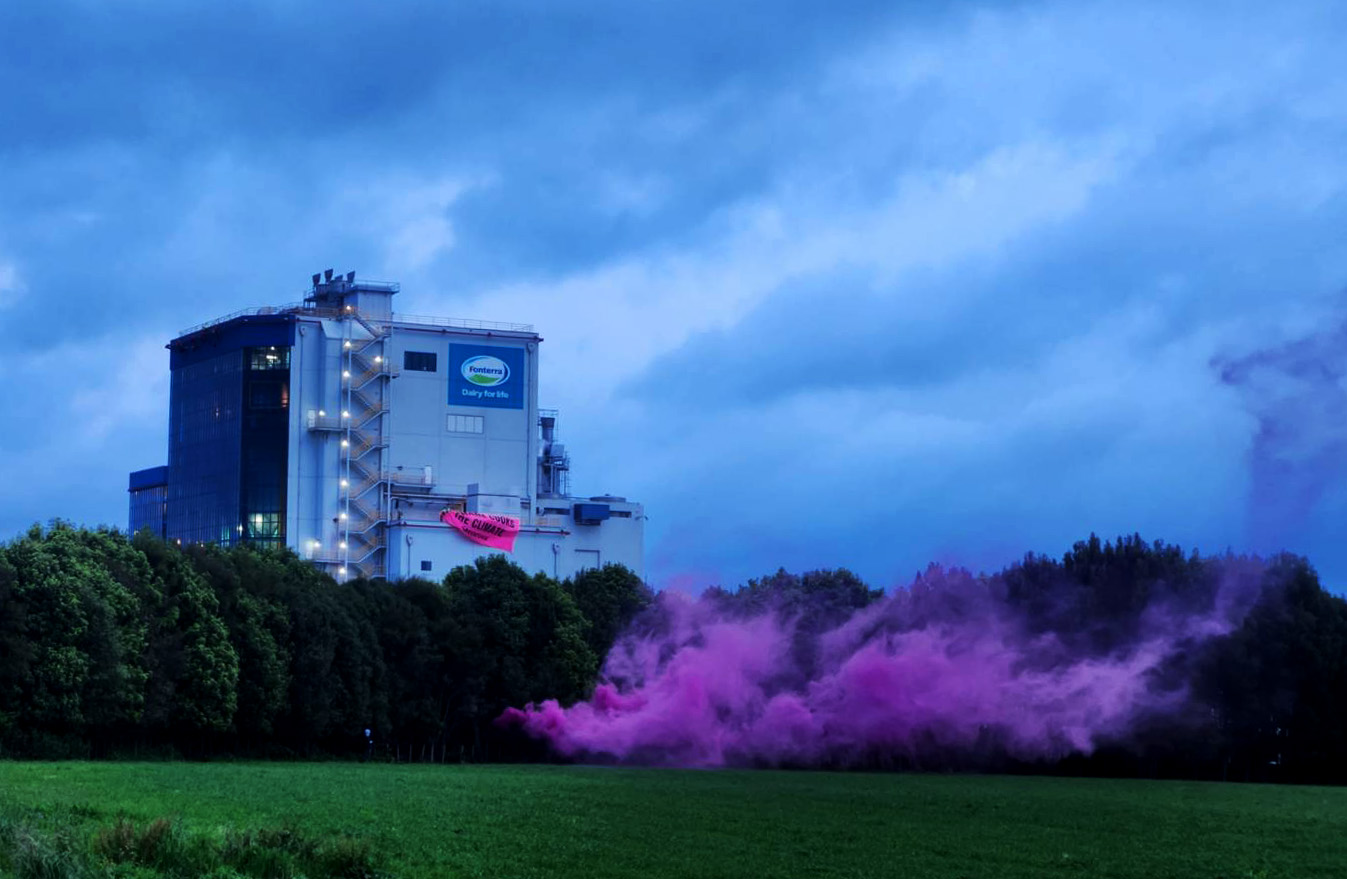
BRIEFING Methane and GWP*: how the livestock lobby’s creative accounting undermines equity and threatens to derail climate action
Agribusiness lobby groups are running a coordinated global campaign to cripple efforts to reduce methane emissions
-
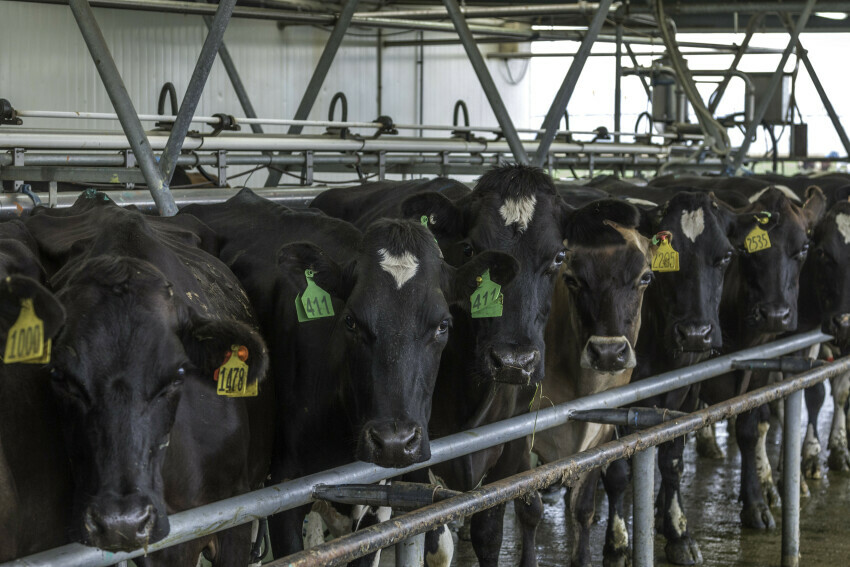
Is New Zealand dairy farming the most efficient in the world?
New Zealand politicians, including the Prime Minister, regularly claim that our country’s dairy industry is “the most efficient” in the world. This is a common refrain, particularly when anyone –…
